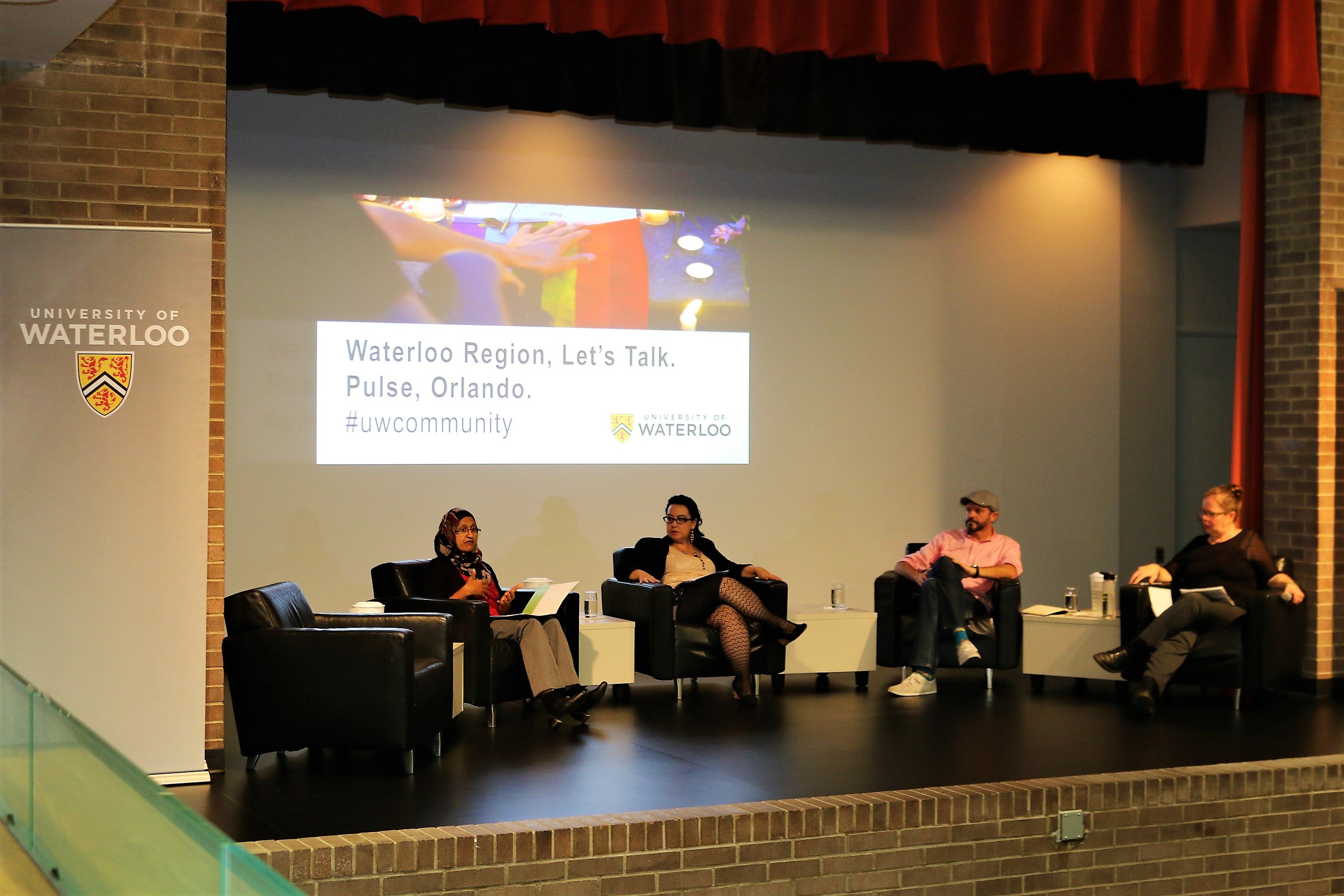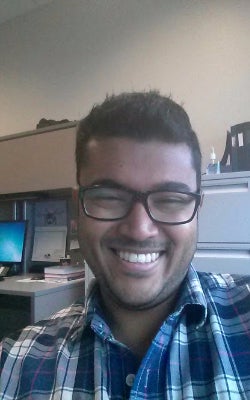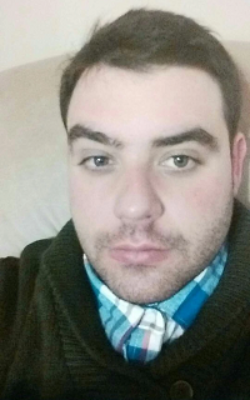
Written by Brian Schram (MA '15) and Anik Islam (MASc '16)
On November 10th, 2016, we held a discussion between local LGBTQ activists and members of the Islamic community in response to the Orlando Nightclub Massacre—the deadliest incidence of violence against lesbian, gay, bisexual, and transgender (LGBT) people in U.S. history. While this tragedy has been met with somber condolences and outpourings of support for those affected by the violence, it has also invited misgivings against those who share religious or ethnic similarities with the perpetrator.
Fearing that the response to the Orlando Massacre might further alienate religious, ethnic, and gender/sexual minority groups within Canada, we felt the need to initiate a dialogue between local LGBTQ and Muslim communities as a response to the divisive rhetoric that has permeated news media in its wake. Epitomizing this particular brand of divisive rhetoric is the image of Donald Trump holding up the Pride flag, a gesture that, in the words of Republican campaign spokesman Jason Miller, indicated Trump’s willingness to “protect all Americans from the radical Islamic extremists who perpetuate hate and violence around the world” (Grenell 2016)[1]. Additionally, we felt it necessary to present a strong opposition to the xenophobic sentiments stirring within certain fringe segments of the LGBTQ population. In the wake of the US election results, we felt that it was important to confront these attempts by the political establishment and news media to turn members of minority groups against one another.
We see this event, and the community ties fostered through it, as an important first step in presenting a unified minority voice that is vigilant against reactionary intolerance. Moreover, this event allowed us to expose the thinness of such divisive rhetoric. Opening up these kind of productive dialogues permits a tactile injunction into the reactionary politics that characterize our cultural landscape, while also demonstrating the existence of intercommunity solidarity where none was presupposed.
The event itself led to numerous productive threads of dialogue. Our panellists explored a number of themes including the ability for religion to assist in the forging of deep, genuine connections between marginalized groups, and the potential for our solidarity to create inclusive “safe spaces” that welcome those possessing complex, intersectional identities. Perhaps most importantly, our panellists explored how we can heal the fractures between religious and Queer communities in ways that are conducive to combating violence and bigotry. This was truly the heart of the discussion and the central point that we hoped to drive home. Learning to accept and support one another is imperative during these difficult times.


For more information, please download our full report.
[1] Grenell, Richard. “Donald Trump Holds High the Flag for Gay Equality” The Washington Times [Washington D.C.] November 2nd, 2016. Np.